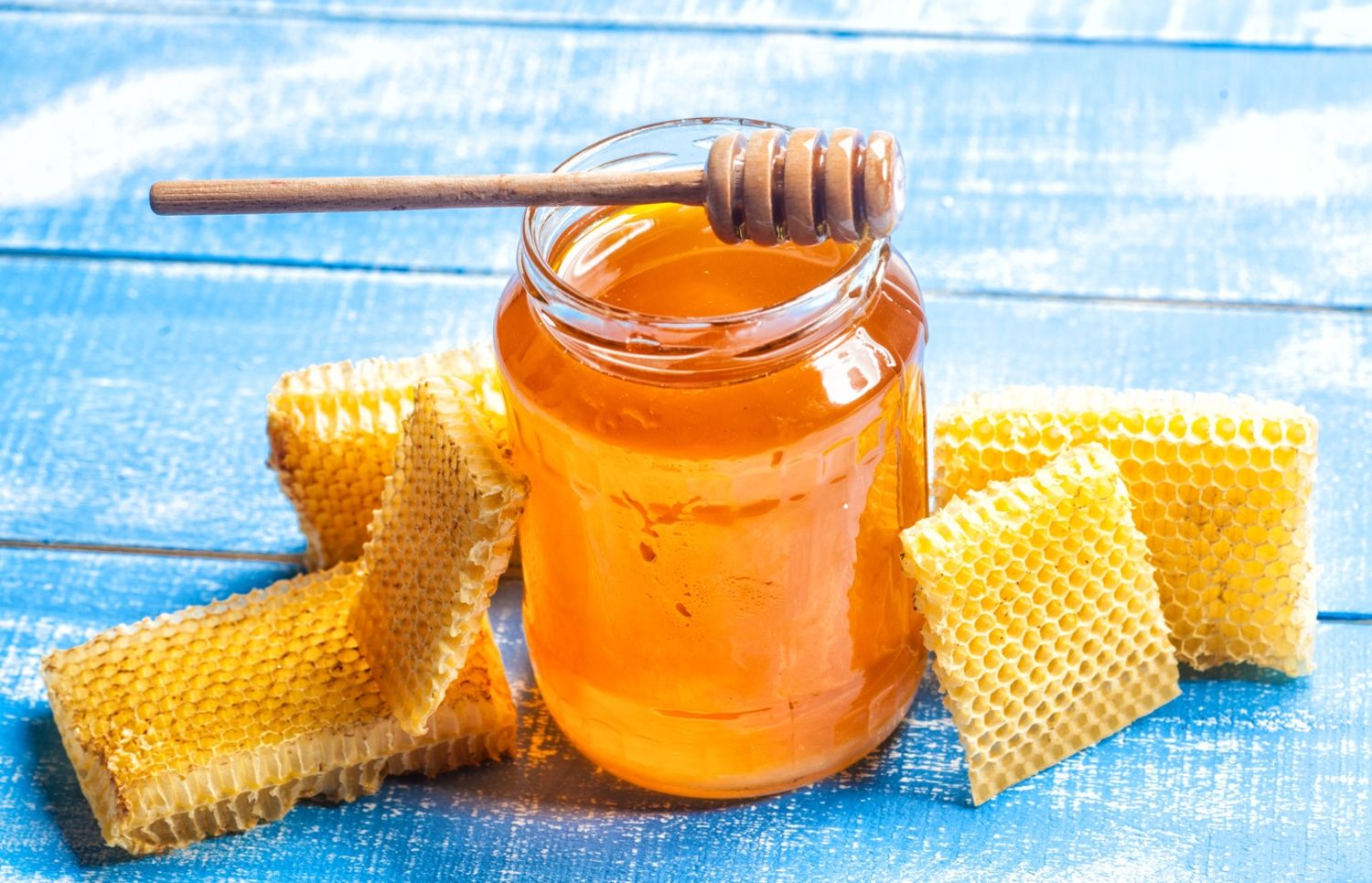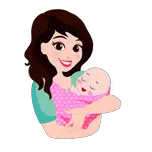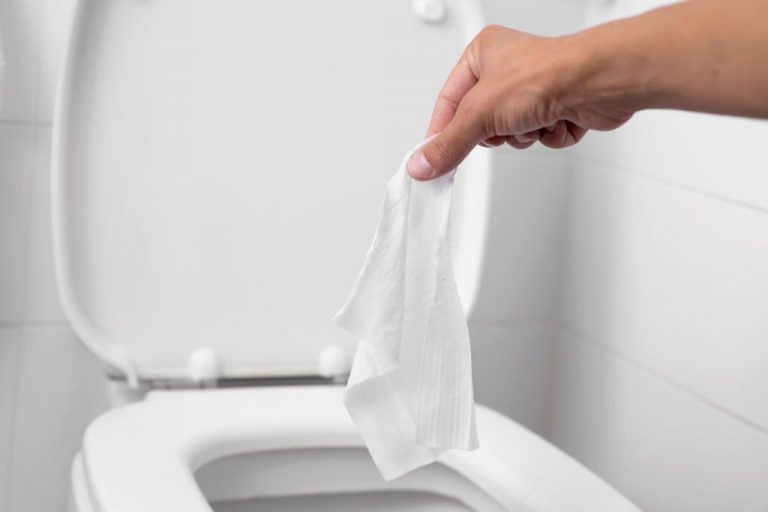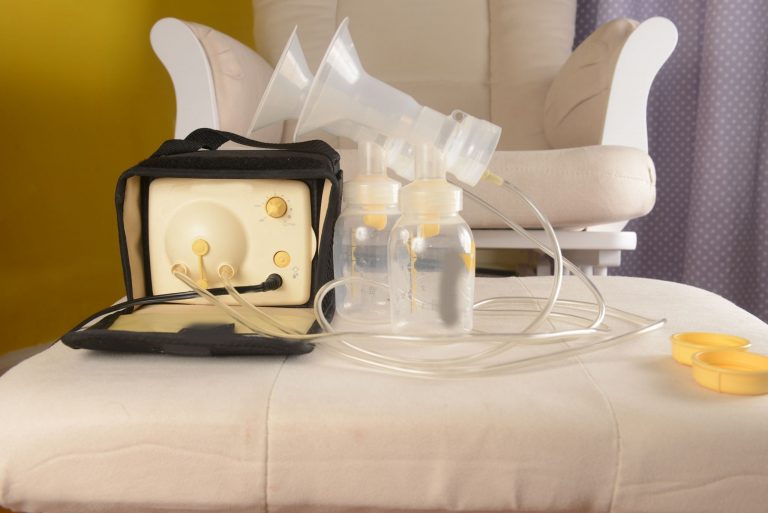
A nursing mother is always faced with many worries about the foods she consumes to ensure the safety of her baby and avoid food poisoning.
Most nursing mothers know that they should not consume foods such as alcohol, beer, coffee, tobacco, or alcoholic beverages.
However, many other foods that mothers can use every day also need to be aware. One of the issues that we need to analyze today is the connection between honey and babies.
Can you eat raw honey while breastfeeding? Are there any guidelines to ensure the safety of both mother and infant when using honey?
1. The Effect Of Honey On Nursing Mothers
As we all know, honey is a natural sweetener and has more health benefits than sugar.
Every 100 grams of honey contains the following nutrients:
- Energy: 304 calories
- Water: 17.1grams
- Carbohydrates: 82.4 grams
- Vitamin B2: 0.038 mg
- Vitamin B3: 0.121 mg
- Vitamin B6: 0.024 mg
In addition, honey also contains a variety of other minerals such as 6mg calcium, 4mg phosphorus, 52mg potassium, 0.22mg zinc, and very little protein.
Honey also contains high levels of fructose and glucose which help our body to increase health and energy. It also contains iron and small amounts of calcium, folate, and vitamins C and B.
It is useful in the treatment of wounds, diabetic ulcers, and other digestive disorders.
Honey has antibacterial and antioxidant properties that help strengthen the immune system.
It can treat colitis, cold and sore throat symptoms, and prevent cancer and heart disease.
In addition, honey works great when combined with other foods such as a mixture of honey and milk at night to help you sleep better.
2. Should A Nursing Mother Eat Raw Honey?
Until now, researchers have not been able to come up with any scientific evidence that honey can harm the health of a nursing mother.
Therefore, a mother can completely consume honey during breastfeeding as long as she ensures some safety guidelines for the infant.
You can add pasteurized honey to combine with food or milk to improve nutrition in every daily meal.
However, you should avoid eating raw honey because it is highly likely to contain spores of the bacterium Clostridium botulinum. A type of spores that can cause infant botulism when ingested.
3. How Harmful Is The Clostridium Botulinum Bacteria To Babies?
According to Infant Botulism, raw honey is known to contain spores of a bacterium called Clostridium botulinum.
If an infant accidentally ingests raw honey containing these spores, the spores can enter the baby’s large intestine and produce botulinum toxin that causes infant botulism.
However, the good news for nursing mothers is that botulism is not transmitted through breast milk.
Even when a nursing mother eats honey containing Clostridium Botulinum spores, the spores are still too large to pass through the mother’s body into her milk.
In particular, the intestinal system of older children and adults can destroy the poisoning spores and make them harmless.
Because the spores are destroyed in the digestive tract, they never reach breast milk. Therefore, you can safely use honey without fear of passing botulism to your baby.
However, when a baby under 1-year-old comes into direct contact with or swallows these spores, the complex bacteria’s inability to digest leads to colonization in the large intestine and production of botulinum toxin. Infants can be poisoned and lead to permanent nerve damage
4. Some Important Rules For Nursing Mothers For Using Honey
You should wash your hands often and be careful when handling honey to avoid sticking to babies, so the spores are at risk of entering the baby’s body.
You should not apply honey on any skin areas on the body, especially the breasts to avoid contact with babies.
Do not give honey to infants under 1-year of age at any time of the day because the infant’s digestive system is still immature. They will be at high risk of poisoning and causing serious health problems if not treated promptly.
It is recommended to use pasteurized honey instead of raw honey. So the question of whether a mother should eat raw honey while breastfeeding has been answered.
Although honey is a nutritious food, you should only use a moderate amount daily to avoid the abuse of sweeteners while breastfeeding.
You should drink honey when it is warm instead of hot because it can prevent healthy nutrients and enzymes from entering the body.
In addition, you should also pay attention to the preservation of honey to avoid product spoilage, mold, or change in nutritional composition and affect the health of mothers and babies.
5. How To Choose Safe Honey?
You should use honey from famous brands because they will have the process of harvesting and processing honey according to current technology and eliminating toxins.
If nursing mothers have special health problems, they should use honey under the direction of a qualified doctor.
In particular, on the market today, you can come across advertising offers for honey taken from azaleas. Be wary of this type of honey as they may contain the toxin grayanotoxin which is not good for health.
Be wary of local kinds of honey because they can be processed manually, so it won’t be pasteurized to a high quality.
In short, every mother’s breastfeeding period is extremely sensitive and difficult. Each type of food can affect the quality of milk and digestive problems in babies.
Honey too, it’s very healthy for nursing mothers but you still need to follow the rules of use and reasonable daily intake.
You can maintain a certain amount of honey as directed by your doctor to replace sugar to protect your health. Remember the principle when using a sufficient amount, drink when warm, and do not abuse honey to sweeten drinks and foods.
If you liked this article, please share it with nursing mothers to have more useful knowledge in the journey of raising children to adulthood.

Hi, This is Emma Baster; As a mom, I spend my free time caring for my kids. I’ve read a lot on the Internet to improve my childcare skill and bring the best to my kids. Eruditemommy shares my knowledge and experience through helpful posts. I hope you enjoy them!







